As digital technology rapidly transforms the academic landscape, peer review is at the forefront of this development. Innovations such as automated review systems, AI-driven recommendations, and transparent review processes are reshaping how manuscripts are evaluated and processed. While these advancements offer numerous benefits, they also introduce complex ethical considerations that must be carefully managed. At Nova Techset, we recognize the importance of balancing innovation with integrity in the digital peer review process. Let’s explore the key ethical issues and how we can address them to ensure a fair and transparent review system.

- Ensuring Data Privacy and Security
The Challenge: In a digital environment, maintaining the confidentiality of manuscript submissions and reviewer identities is crucial. Data breaches or unauthorized access to sensitive information can undermine trust in the peer review process.
Balancing Act:
- Robust Security Measures: Implementing advanced encryption and secure access protocols can protect sensitive data. Ensuring that digital platforms comply with data protection regulations, such as GDPR, is also essential.
- Regular Audits: Conducting regular security audits and vulnerability assessments can help identify and mitigate potential risks.
Best Practice: Adopt a proactive approach to data security by investing in cutting-edge technologies and establishing clear policies for handling and protecting confidential information.
- Maintaining Reviewer Anonymity and Avoiding Conflicts of Interest
The Challenge: Digital platforms can make it easier for reviewers to identify authors, which might compromise the anonymity intended to prevent biases. Additionally, conflicts of interest may arise more frequently in a digital environment where connections between researchers are more visible.
Balancing Act:
- Strict Anonymity Protocols: Implement strict protocols to maintain anonymity, such as anonymizing reviewer and author information and using systems that prevent unintended identification.
- Conflict of Interest Disclosures: Require explicit disclosures of any potential conflicts of interest from reviewers and authors, and establish mechanisms for managing these conflicts transparently.
Best Practice: Use digital tools to facilitate the anonymization process and enforce strict disclosure requirements to ensure impartiality in the review process.
- Upholding the Integrity of the Review Process
The Challenge: Digital tools, while enhancing efficiency, can also be manipulated to compromise the integrity of the peer review process. Issues such as fraudulent reviews or misuse of automated systems can undermine the credibility of the review.
Balancing Act:
- Anti-Fraud Measures: Implement measures to detect and prevent fraudulent activities, such as tracking reviewer activity patterns and validating reviewer credentials.
- Transparency and Accountability: Use technologies to create an immutable record of the review process, enhancing transparency and accountability.
Best Practice: Foster a culture of integrity by promoting ethical standards and using technology to create a transparent and accountable review environment.
- Facilitating Inclusive and Equitable Access
The Challenge: As peer review moves online, ensuring equitable access to digital tools and platforms is crucial. Disparities in access can lead to unequal opportunities for researchers from different regions or institutions.
Balancing Act:
- Accessible Platforms: Design digital platforms that are user-friendly and accessible to researchers from diverse backgrounds, including those with limited technological resources.
- Support and Training: Provide training and support to help researchers navigate digital tools effectively and ensure that all parties can participate fully in the review process.
Best Practice: Strive for inclusivity by offering resources and training to bridge the digital divide and ensure that all researchers have the opportunity to engage in peer review.
Looking Ahead:
The integration of digital technology in peer review brings exciting opportunities for enhancing efficiency, transparency, and collaboration. However, it is essential to address the ethical challenges that accompany these innovations to maintain the integrity and fairness of the review process.
At Nova Techset, we are committed to advancing digital peer review while upholding the highest ethical standards. By balancing innovation with integrity, we can foster a peer review system that is both cutting-edge and equitable.

